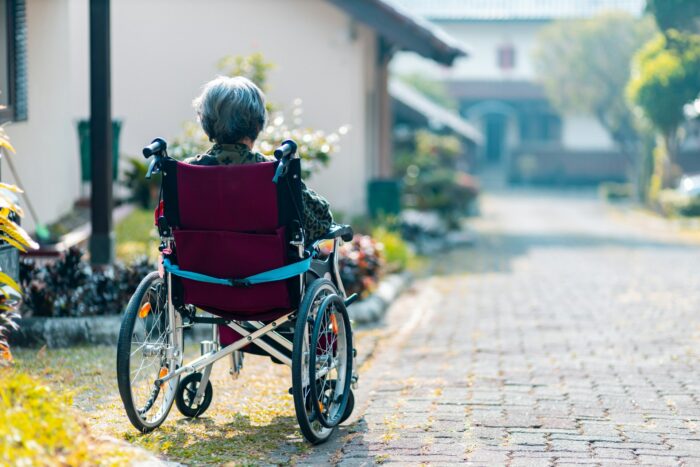Dementia risk is declining in America and better education may be a factor
November 21, 2016 11:00 amA study in JAMA Internal Medicine found that the rate at which older Americans are getting dementia is declining. Researchers say that education may be the cause of this improvement. Ina Jaffe from NPR reports on this study in her article.
The study compared two sets of data: one from 2000 and one from 2012. Both data sets included over 10,000 Americans over the age of 65 and their prevalence of dementia. In 2000, 11.6% of participants had dementia while only 8.8% did in 2012. John Haaga states “that’s well over a million people who don’t have dementia, who would have had it if the rates had stayed the same as 2000 rates”. Haaga directs the Division of Behavioral and Social Research at the National Institution on Aging, which funded the study.
At the same time, the average number of years of education completed by Americans has increased. In 2000, Americans completed an average of 11.8 years of education. In 2012, the average was 12.7 years, representing high school graduation and some college.

Photo by Steven HWG on Unsplash.
Factors that may contribute to dementia’s decline
Dr. Kenneth Langa, the lead author of the study, has theories about the correlation between education and dementia. Since more education translates into more connections between neurons, a greater number of connections provides extra insurance against their loss in dementia.
Education may not be the sole factor protecting individuals from dementia. Improvement in health care may also be a factor. Cardiovascular conditions are believed to increase the risk of dementia. They are now being treated more aggressively than they were years ago.
While the risk of dementia is declining, however, the number of cases is still expected to rise. This is because the elderly fraction of the population is rising in America. The number of people 65 and older is expected to almost double between now and 2050.
Categorised in: Uncategorized
This post was written by Helen
